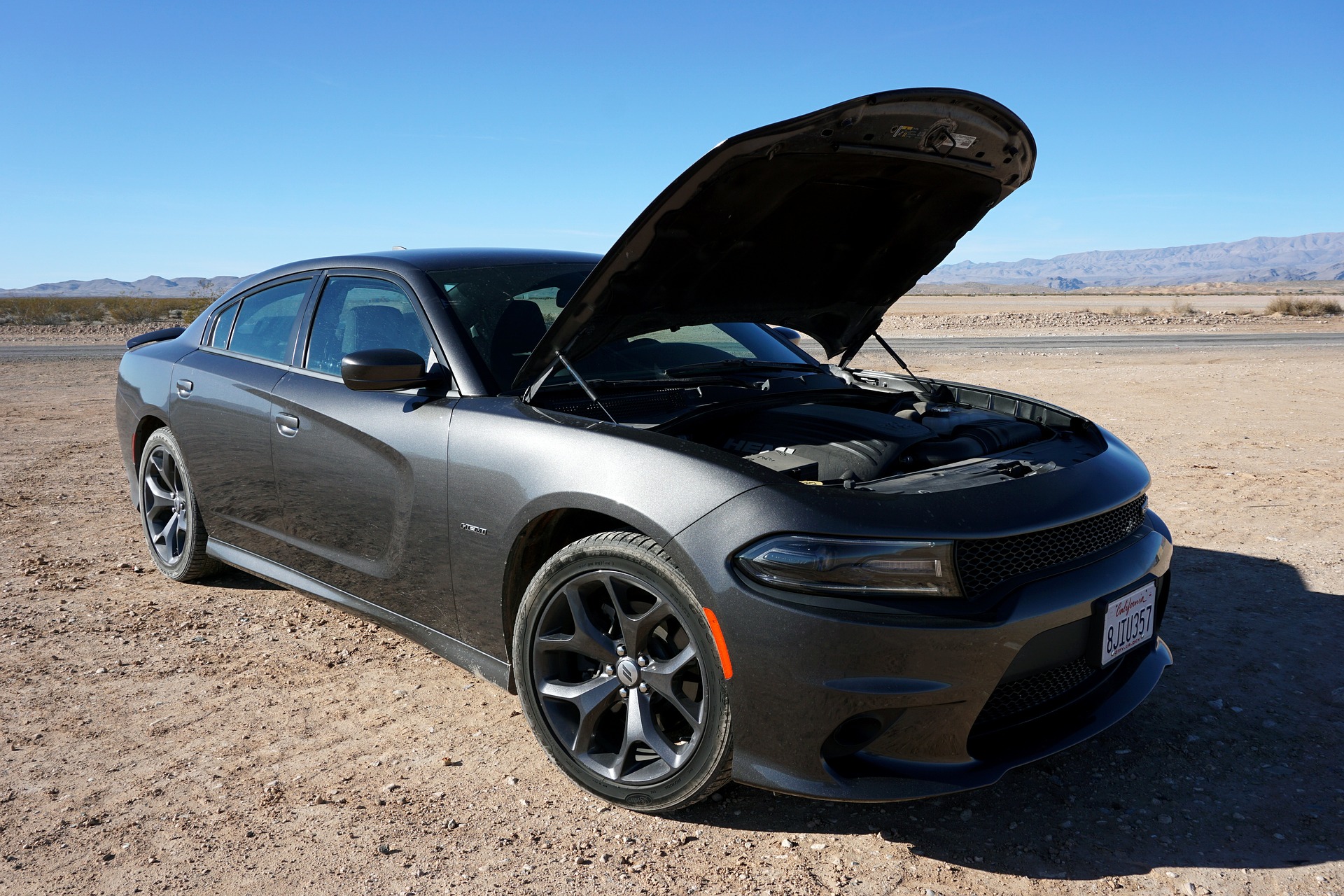
Check for Recalls!
As time goes on vehicles safety and technological features evolve. With this comes safety recalls. According to the National Highway Traffic Safety Administration (NHTSA) in 2022, there were 932 vehicle safety recalls affecting more than 30.8 million vehicles in the United States.
Every recall is serious and affects your safety, you should check for open recalls at least twice a year as hundreds of recalls are issued a year and some recalls are updated. Millions of recalls go unrepaired or unaddressed every year.
What is a recall?
A vehicle safety recall is issued when a vehicle or a piece of its original equipment does not meet federal safety standards. Auto manufacturers and the NHTSA have authority to issue recalls, when a safety-related defect is discovered, the auto manufacturer is required to file a public report that describes:
- The defect or non-compliance with federal standards
- The vehicle/equipment affected
- Any events leading up to the recall being discovered or determined
- A description of and schedule for how the manufacturer is resolving the issue
Recalls do not apply to normal wear and tear a vehicle endures over time. For example, batteries need to be replaced after a certain amount of time. If they eventually fail, it's not normally a sign of a defect. However, if the battery placed in a brand-new vehicle has a defect making it prone to early failure, it might be recalled.
I have a recall for my vehicle, what now?
If you received a notice by mail that your vehicle has a recall, don't ignore it! Even minor recalls can involve life-threatening defects and failure to respond to a recall notice might void a warranty. You should contact your local dealership and ask to setup an appointment to have recall repair work. Have your Vehicle Identification Number (VIN) ready! as the dealership will need this information to ensure that they have the proper parts ready for the repair. Don't know where to find the VIN?
I have a used vehicle, am I still covered?
Regardless of whether or not you're the original owner, you still qualify to have your recalls repaired free of charge. This applies for recalls previous to you owning the vehicle. If you recently purchased a used vehicle you should conduct a search to see if any unrepaired recalls are issued for your vehicle by visiting NHTSA Check for Recalls. If you've owned the vehicle for some time, manufactures merge their own records with state vehicle registration information, it's likely that you'll still be notified of a recall. It is still suggested to search on the NHTSA website!
Are recall repairs free?
Yes, you're entitled to have any recalled parts repaired free of charge by your nearest dealership, according to the NHTSA. However, there might be cases where you'll have to pay for repairs, if your vehicle is exceptionally old (typically older than 15 years according to NHTSA). If you are ever asked to pay for repairs, you should consider:
- Contacting the dealership service manager. Explain the situation and point out that the work is part of a safety recall. If possible, show them the letter you received by mail and or print out a copy of the search result from NHTSA website. This will often resolve any misunderstanding.
- Contacting the vehicle manufacturer. Look for the customer service toll-free number in you owner's manual. Describe the problem, name of the dealership, and share the steps you've taken to resolve the issue.
- Call NHTSA.If you still feel like your recall has not been properly dealt with, call the NHTSA at 1-888-327-4236
Remember, recalls are important. You should do your own recall checks using the NHTSA website to ensure that no unrepaired recalls go unnoticed! It's not just about your safety, but your families, friends and other motorist on the road!
